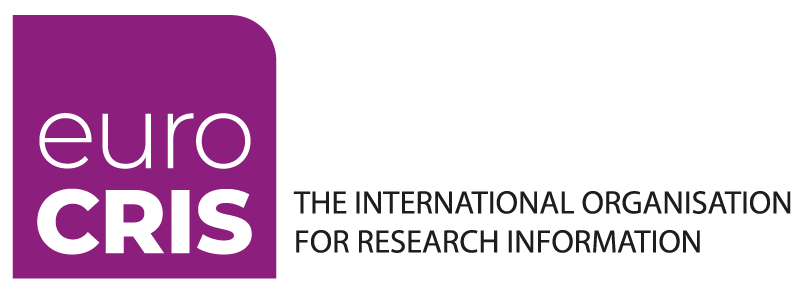This spring euroCRIS conducted a survey amongst its members.
The invitation to participate in the survey was sent to 231 members, including 132 institutional members. As institutional members may have up to five delegates, in total 426 invitations were sent. euroCRIS received 47 completed surveys.
Outcomes
Almost all respondents have been a member for more than two years. The most important reasons for having joined euroCRIS are interest in research information, interest in events and interest in CERIF. Colleagues play the most important role to get people acquainted with euroCRIS. Only about half of the 47 respondents indicate that they are active in a Task Group. Almost 90% of the respondents is satisfied with euroCRIS in general. In detail the community management, the events and the providing of information on CRIS-systems is highly appreciated.
Respondents had the opportunity to provide us with suggestions for further improvement. To mention three of them:
· Organisation of webinars
· Development of an Open Source Community for CERIF
· Strengthening of the collaboration with Eastern Europe
Discussion/Conclusion
Personal recommendation is the most important way to attract new members. So, our current members are the real euroCRIS ambassadors. These members have a diffuse background (both users, developers, domain experts). In the organisation of events we consider these different backgrounds and it would be sensible to continue to do so. Members are quite satisfied with euroCRIS and its activities. The more abstract parts of the euroCRIS work (like EC project management, collaboration with Strategic Partners, and CERIF standard promotion) have a limited relationship with the activities of an average member. Therefore, it is hard for them to evaluate this types of work. This is not the case for the highly-evaluated CRIS-conferences.
Where the communications channels website, email, twitter and reported are used very often, this is not the case for LinkedIN, FaceBook and RSS-feeds. We will have to reconsider the usage of these channels. Few members are active in one or more of the Task Groups. There seems to exist some ignorance on the existence and the role of these Task Groups. A more active communication through - for instance - our website could help in making the participation in Task Groups more attractive.
Arjan Hogenaar
euroCRIS Secretary


